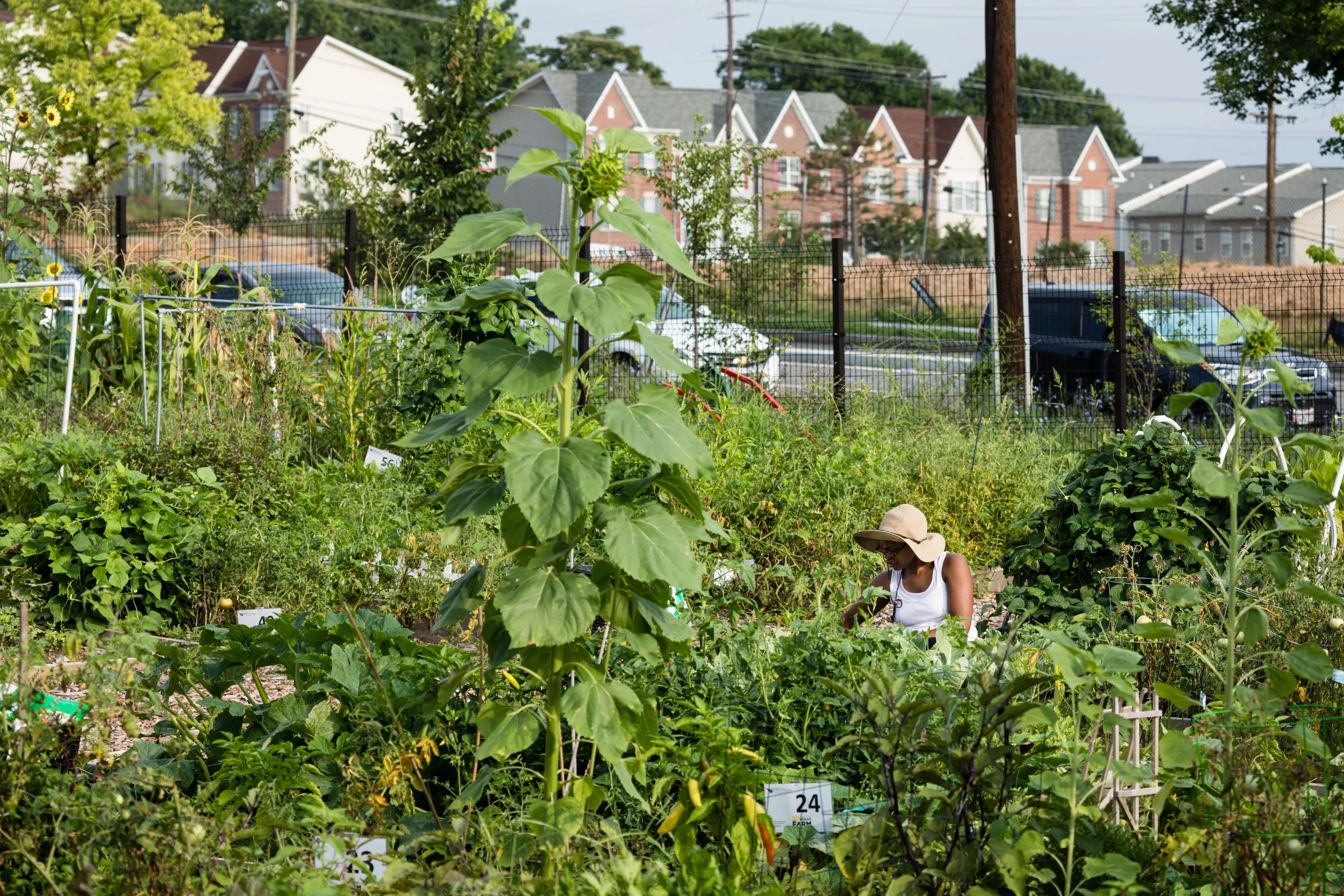What is eco-anxiety, and how do we manage it?
/Devastating wildfires. Raging floods. No matter where you live, it seems as if every week there is a new natural disaster destroying homes and businesses, and even taking lives. Just a few weeks ago, there was a tornado twenty minutes away from where I live in Maryland, which is, well, not normal for this region. But unfortunately due to the effects of climate change, these frequent and severe natural disasters are becoming the new normal.
As these events continue to occur, and people start to come to terms with the fact that climate change is not going away anytime soon, I’ve been hearing a phrase used more and more frequently: eco-anxiety. Also called “climate grief”, “eco-angst”, etc., it refers to the overwhelming and persistent worry about the future of Earth, and what that means for our own personal lives and those of future generations. This rapidly changing world means that we suddenly have to factor in new risks to our big decisions, such as where to live and work, or maybe even whether or not to have children.
This is obviously a lot to handle, especially on top of the collective grief that the world has experienced over the past year and a half from the pandemic, prevalent racial injustices, political turmoil, and other negative events that constantly dominate the news. So when it all starts to feel like too much, what do we do?
1. Get outside.
A 2019 Harvard study found that spending just 20 minutes a day in nature can help lower stress levels. Make a point of spending time outside regularly, whether that’s a daily walk with your partner, kids, or dog, a longer weekend hike, gardening, or even the Japanese practice of forest bathing. Spending time outdoors can help us reconnect to the Earth and remind us of what we are fighting to save. Check out this recent HerChesapeake blog on reflecting on the importance of the outdoors during the COVID-19 pandemic.
2. Stay informed, but don’t overdo it.
Staying informed of climate issues is important, but a steady barrage of negativity can worsen your anxiety and grief. Make sure your news comes from reliable sources, and limit your news and social media consumption in a way that prevents you from “doom-scrolling” every time you open Instagram. If you feel inspired to learn more, there are several podcasts to listen to and social media accounts to follow that break down the climate crisis and inspire hope and action. Two I personally follow and recommend are Leah Thomas (@greengirlleah) and Dr. Ayana Elizabeth Johnson (@ayanaeliza).
3. Connect with your local community.
There are many opportunities to make a positive impact on your local environment, which may help make you feel more hopeful and connected to others in your community who have similar values. Participate in a clean-up event such as Project Clean Stream or Clean the Bay Day, or contribute to community science efforts by collecting and submitting data for Chesapeake DolphinWatch, Chesapeake Bay SAV Watchers, Audubon Christmas Bird Count, and more.
4. Hope for the best, prepare for the worst.
When Hurricane Sandy hit New York in 2012, my family and I spent nearly a week without power. I remember feeling scared, but grateful that we were prepared (especially for the extra blankets that kept us warm in November). It may seem counter-intuitive, but being prepared may help you feel more calm in the event of a natural disaster. September is National Preparedness Month, so start thinking about how to make a plan for emergencies, such as an evacuation route and what you need for an emergency supply kit. This government website has all the resources you need to get started.
5. Take care of your mental health.
Practicing self-care and taking time to rest is more important than ever these days. Luckily, the stigma around mental health is lessening and it’s becoming more socially acceptable to talk openly about mental health struggles and seek therapy. If you’re struggling to cope with eco-anxiety, know that you are not alone and that a growing number of mental health professionals are learning how to help people cope with this specific type of anxiety and depression. Ecotherapy is becoming a branch of psychology in its own right, and may be something worth exploring to see if it will be beneficial for you. And finally, check out this HerChesapeake blog about developing your own personal resilience story - use this as a reminder of the strength that has carried you through all the toughest times in your life so far, and will continue to be there through all your next greatest challenges.


